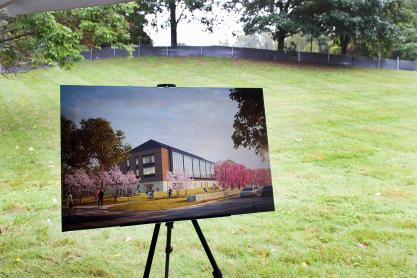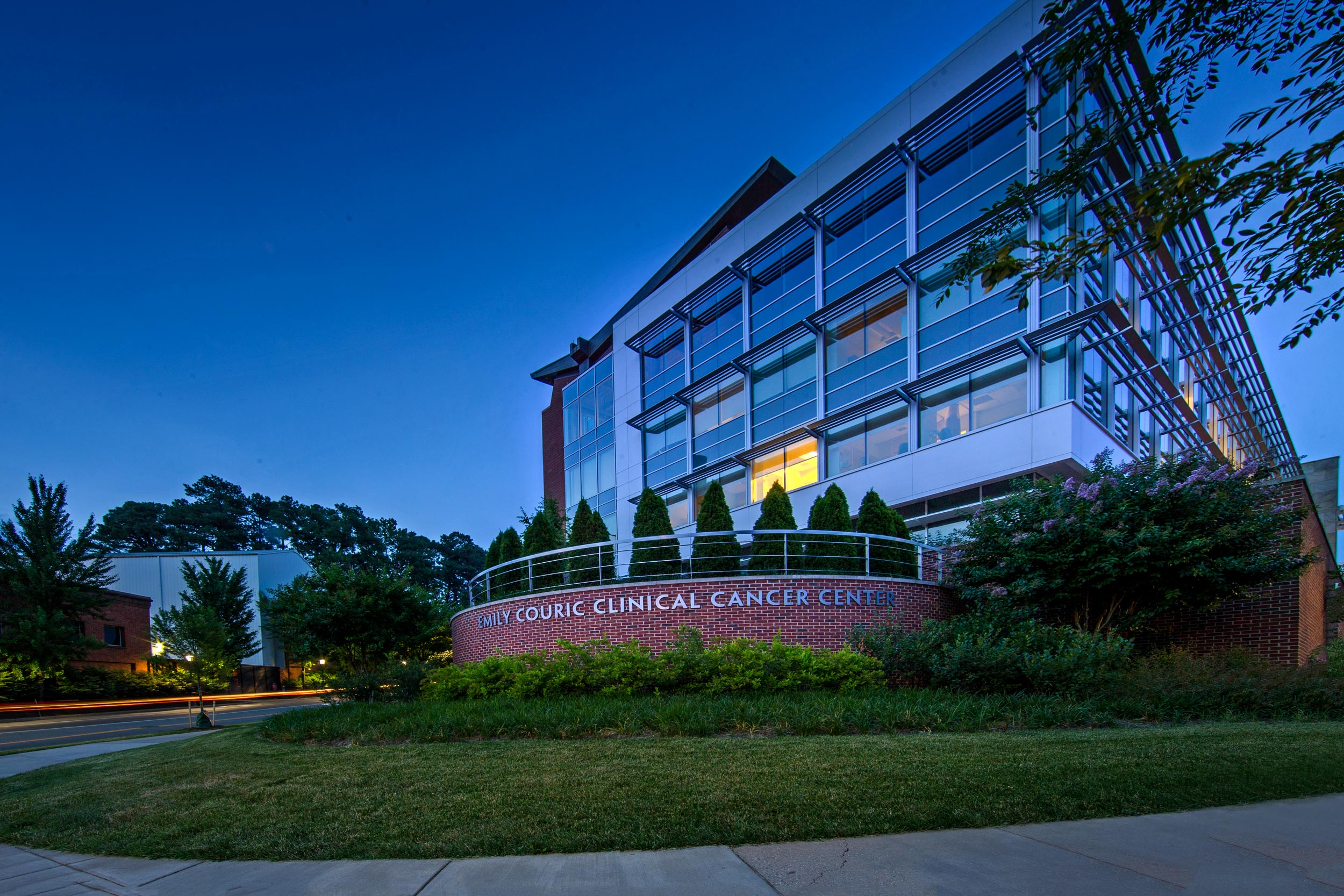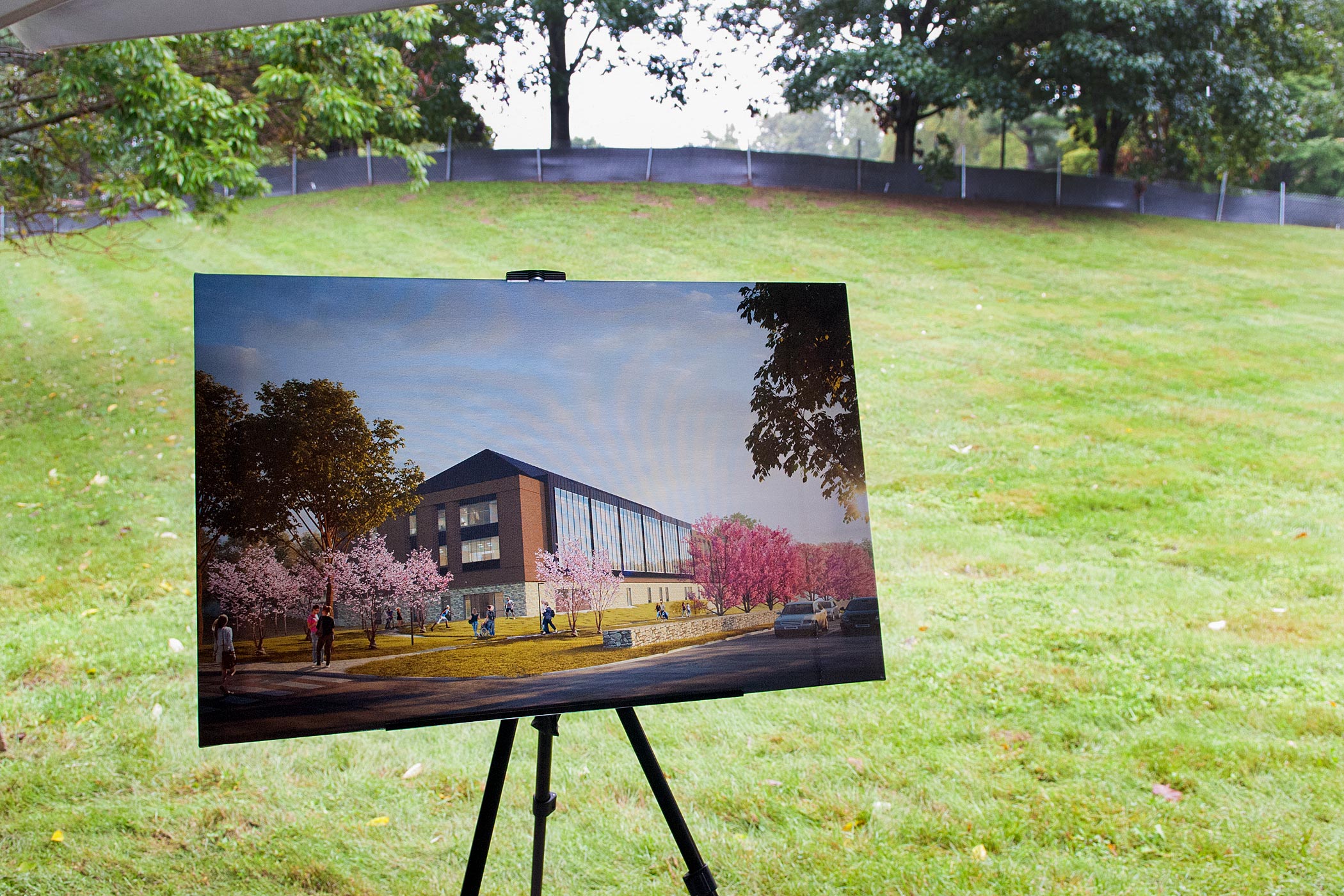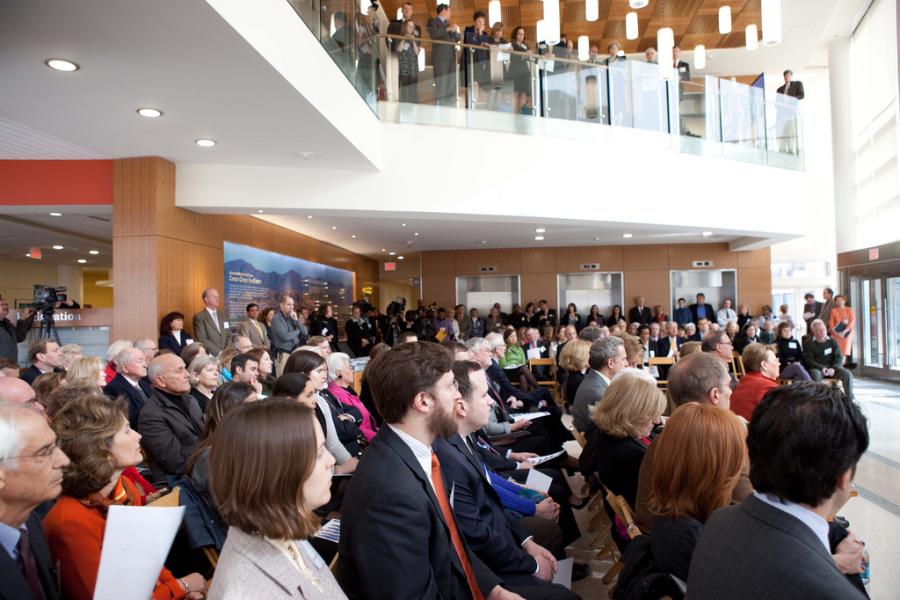For reasons no one can explain, Debbie Ryan is two decades out from facing pancreatic cancer – which was an almost-certain death sentence back in 2000, and remains so today. But not even treatment for such a formidable opponent would derail her 34-year career as head coach of the University of Virginia women’s basketball team.
Since retiring from coaching, Ryan hasn’t slowed down one bit. Using the recruiting skills that she honed as a Division I coach, she’s calling upon members of the community to join her newest pursuit: fighting cancer and diabetes, and bringing top-level orthopedic care to Charlottesville.
A native of Titusville, New Jersey, Ryan brought her fighting spirit to UVA in 1975 to attend graduate school in education and serve as assistant coach for the fledgling women’s basketball program. Upon graduating from the Curry School of Education in 1977, Ryan was named head coach.







